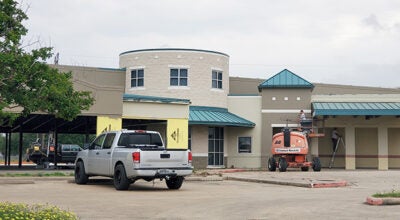PA eyeing new abatement policy for manufacturing companies
Published 10:37 am Monday, June 8, 2015
The city of Port Arthur is considering amending its tax abatement policy as a way to attract manufacturing companies to the area.
At Tuesday’s City Council meeting changes to the policy will be discussed, City Manager Brian McDougal said.
Port Arthur currently has an abatement policy geared for large industry — those companies investing at least $100 million in Port Arthur.
“We are looking at it, but want to look at it from a manufacturing standpoint. Right now the city’s abatement policy only addresses refining and oil and gas industry. It does not address manufacturing,” McDougal said.
Amending the existing policy, or creating an altogether separate tax abatement policy for manufacturing concerns would go far to help the city diversify its economy, McDougal said.
Floyd Batiste, Port Arthur Economic Development Corporation director, said a manufacturing company that would invest significantly, a couple of hundred million, in the area is requesting an abatement, but the city’s current policy is written for large industry only.
“An abatement policy for manufacturing would be very helpful, “Batiste said. “I commend the city for working on a policy to have something consistent for everyone in the industry,” Batiste said. “Industry and manufacturing are two different areas of business, and you cannot treat one like the other.”
Batiste said the company that is strongly considering coming to Port Arthur is asking for an abatement, but as the city’s current policy is written, they are not eligible.
“When you have a manufacturing company that will invest the types of dollars that this abatement will be made eligible it will be a tremendous investment in the community,” Batiste said.
Abatements help companies during the start up phase, normally it takes a manufacturing company four to five years before they are making money because of the high cost of equipment, Batiste said.
“This helps them reduce their debt service, and that would help them stay much longer in our community, and bring jobs and payroll in the process, Batiste said.





